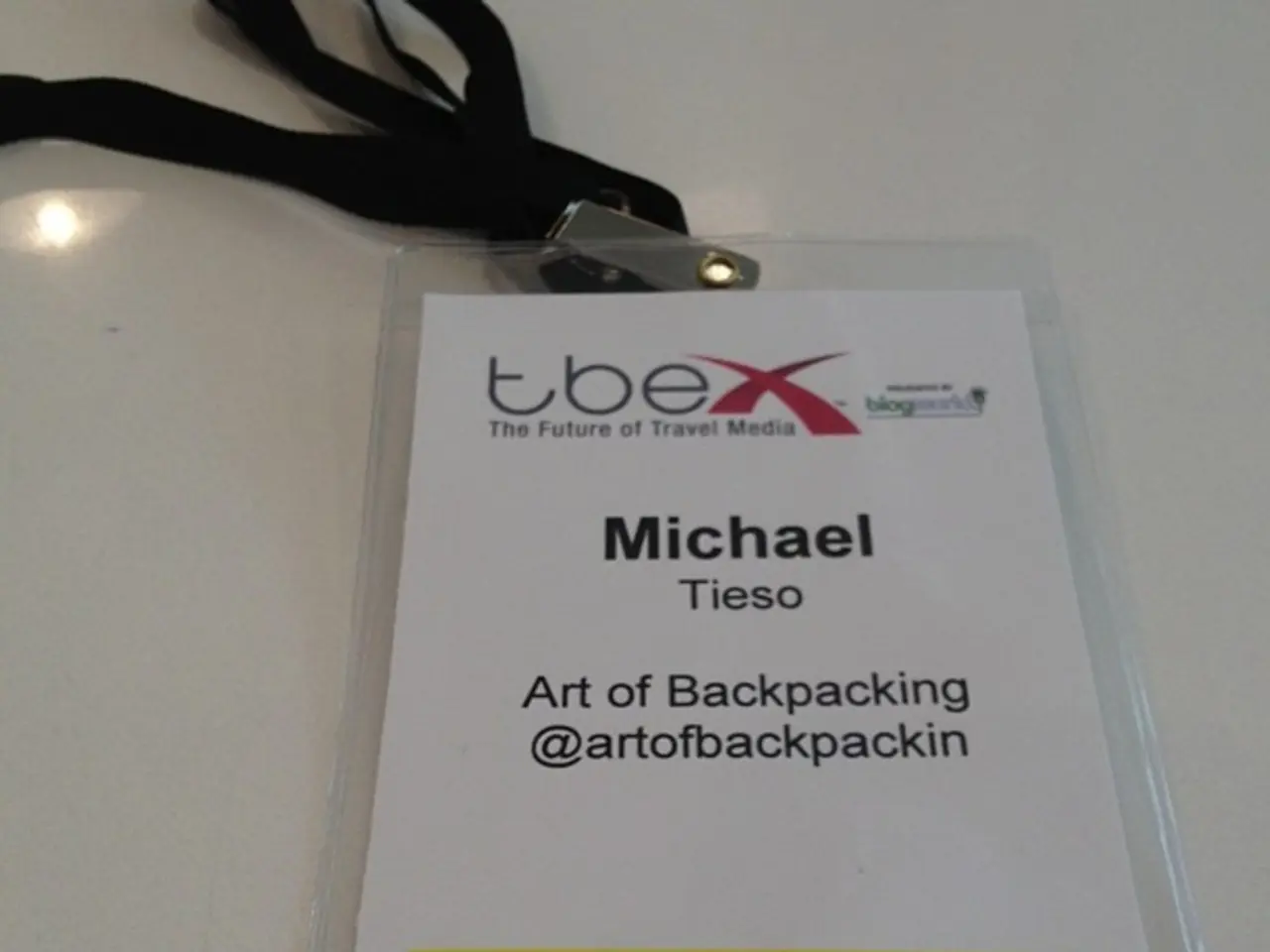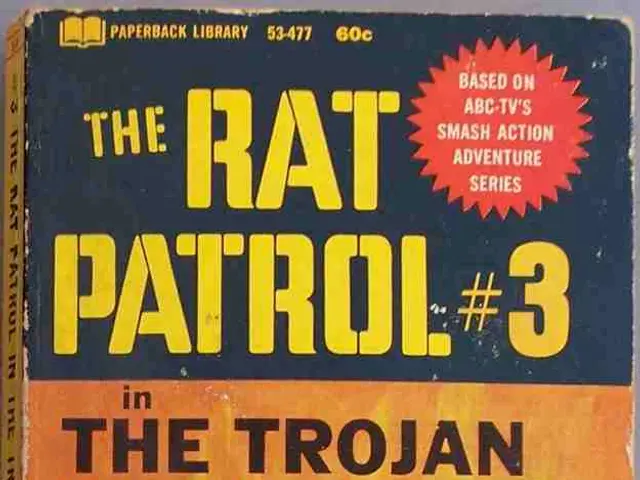Removing Copyrighted Music and Intellectual Property of Others in User-Generated Content
In the ever-evolving landscape of influencer marketing, ensuring intellectual property (IP) governance has become a crucial aspect for agencies and brands. TuneSat, a monitoring service, extends its oversight beyond social media to include OTT, CTV, and influencer integrations, ensuring unlicensed audio usages are kept at bay.
To embed IP governance into influencer marketing campaigns and prevent potential issues such as takedowns, demonetization, and legal risks, a comprehensive approach is recommended. This approach focuses on clear contracts, proactive rights management, and ongoing compliance monitoring.
Key best practices include:
1. Clearly Define IP Ownership and License Terms in Contracts: Specify the scope, duration, and territorial limits for content use. Make it clear whether IP is licensed or assigned, and include waivers of moral rights where legally possible to allow content modifications. Address third-party content embedded in influencer assets by requiring influencers to confirm sublicensable rights or indemnify brands against royalty claims.
2. Embed IP Governance Requirements in Influencer Briefs and Collaboration Agreements: Mandate influencers to use only authorized or original content free of third-party infringement risks. Require written proof of permissions or licenses for any third-party IP used. Outline consequences for unauthorized use or breach of IP terms, including takedown and demonetization workflows.
3. Leverage Technology and Workflows for Proactive Monitoring: Use influencer management platforms to collect IP metadata, host proof-of-origin files, and sync rights details, streamlining IP governance alongside campaign workflows. Enroll in platform-specific rights management tools to enable automated real-time detection and takedown of IP-infringing content. Design takedown procedures tailored to each social platform’s submission requirements to accelerate enforcement and reduce content removal risk.
4. Institute Robust Content Review and Moderation Policies: Systematically review influencer-created content for potential IP infringement before publishing or repurposing. Ensure compliance with FTC endorsement disclosure guidelines to avoid regulatory issues.
5. Manage Third-Party IP Risks Through Indemnities and Clearances: Include indemnity clauses protecting the brand from claims arising from third-party IP breaches within influencer content. Verify that influencers obtain proper licenses or permissions for all third-party materials used.
6. Conduct Regular Legal Diligence and Training: Periodically audit influencer campaigns and contracts to confirm IP compliance and clear ownership. Educate influencers about IP rights, usage limits, and brand expectations to prevent accidental infringements.
By adopting these best practices, agencies and brands can effectively embed IP governance into influencer campaigns, mitigating risks of takedowns, demonetization, and legal exposure. This integrated approach ensures smooth content deployment, preserves campaign value, and maintains regulatory compliance throughout the influencer collaboration lifecycle.
Embracing IP governance as a growth lever can convert legal rigor into measurable performance gains, ensuring influencer activations consistently deliver impact, scale, and sustainable monetization.
In the realm of influencer marketing, adopting technology such as influencer management platforms can be instrumental in proactive monitoring and enforcement of intellectual property (IP) rights, ensuring a smooth content deployment and compliant campaigns in the fashion-and-beauty, lifestyle, education-and-self-development, technology, and finance sectors.
Furthermore, implementing ongoing legal diligence and training for influencers, as part of the education-and-self-development and lifestyle focus, can prevent accidental infringements and ensure that a brand's intellectual property remains protected, preserving the value of influencer campaigns across various industries such as fashion-and-beauty, technology, finance, and lifestyle.




